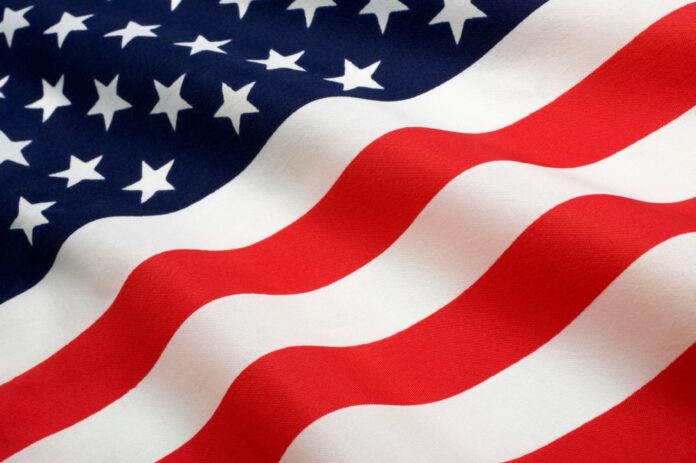Author: Stephen M. Walt
Affiliation: Harvard’s Kennedy School of Government
Organization/Publisher: Foreign Policy
Date/Place: July 15, 2021/ USA
Type of Literature: Article
Word Count: 2030
Link: https://foreignpolicy.com/2021/07/15/could-the-united-states-still-lead-the-world-if-it-wanted-to/
Keywords: Free World, Leadership, Soft Power Limits, and the US Foreign Policy
Brief:
Stephen Walt argues that the United States will not be able to lead the free world due to its lack of necessary leadership conditions, as it is no longer an attractive model, and doubts about its political wisdom—especially in foreign policy issues—have reached the countries of the free world. The author explains the arguments underlying the claim, which has received an unquestionable consensus within the American foreign policy community since the Clinton era, that America is an exceptional and unique country destined to play this leadership role. This community sees that no other democracy has enough economic and military strength to exercise decisive leadership. The lack of a reasonable alternative is not enough, according to the author, and we must ask whether the US is currently capable of exercising a role of global leadership. Exercising leadership requires that the country either be attractive to be emulated or that it has the ability to make intelligent policy choices, implement them successfully, and persuade others to follow. Washington no longer has either. The author presents a set of arguments and examples of the decline of the US’ democratic attractiveness in the free world. Since 2017, its democracy index has been in decline, as it has moved from the category of “full democracy” to “flawed democracy,” as confirmed by The Economist annual report (2020) and other institutions. The reasons behind this are many, including the decline in the voter turnout in the country to rank 26th globally, the country’s decline in the Press Freedom Index to 44th globally, the unprecedented decline in public confidence in the government (25% of Americans and 53% of Republicans believe that Trump is the real winner in the last election), state legislatures are undermining liberal democratic practice, the country has the highest prison rate in the world (almost double that of Russia), growing economic inequality in the country, the increase of corruption and tax evasion, the decline in legal accountability of higher institutions such as national security has led to the increase of the use of torture and illegal surveillance of citizens, also the civilian oversight is not strong enough to hold military leaders accountable for their failure in wars that they fought, or to even convince political leaders of the futility of fighting them in the first place. Therefore, the US is hardly a good example for the rest of the free world, nor is its political system an attractive model for others to follow. The second condition of leadership is no longer fulfilled either, as the collective political wisdom of the US, especially with regard to its foreign policy, has become questionable. The US is reluctant to deal with the issue of climate change, which was accelerated by its encouragement of hyper-globalization in the 1990s that brought more financial instability and also accelerated the rise of China as a major competitor. It failed in its bet to gradually change China to become a liberal democratic country by bringing it into the institutions of the liberal international order. The result has been the complete opposite: the creation of a parallel competitor. For decades, Washington has mismanaged the peace process in the Middle East, its wars there have led to defeats, humanitarian disasters, and exorbitant costs. It has failed to curb Iranian influence. Washington’s efforts to promote democracy and liberal values around the world have also failed with a decline in the level of global freedom and democracy even within liberal Europe itself. Based on the above, there is little reason for Americans to see themselves on the world stage as wise leaders worthy of being followed without criticism. Nevertheless, the author argues that there are issues where American leadership may be necessary and can remain effective, such as developing vaccines against COVID-19, leading a campaign to reform the global tax system as the Biden administration is doing now, and participating with allies in Asia and Europe to balance against China, etc. Therefore, the US should continue to play an active role in international affairs, but to first rethink what that role should be rather than just making senseless claims of its natural and legitimate right to lead the free world or its assumed exceptionalism. All of this will immediately require fundamental reforms, fixing the mistakes that have been made at home and rethinking how to deal with the rest of the free world in order to renew confidence in Washington and its foreign policy to make the United States a country worthy to emulate.
By: Djallel Khechib, CIGA Senior Research Associate




